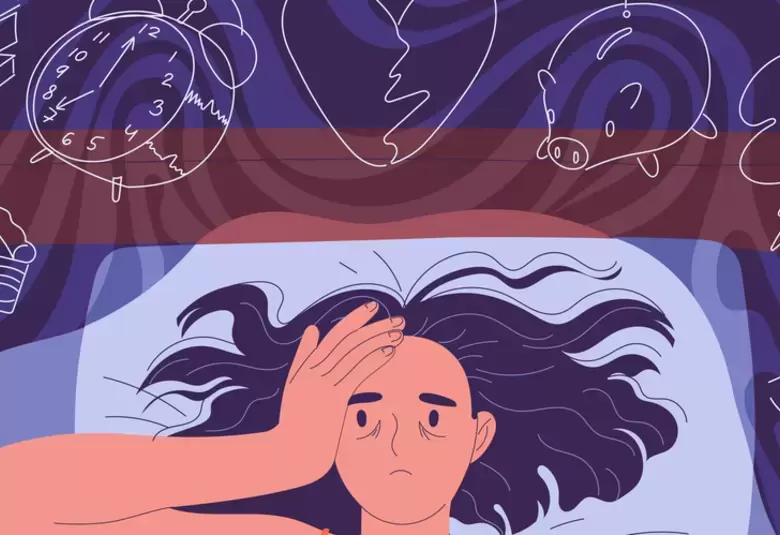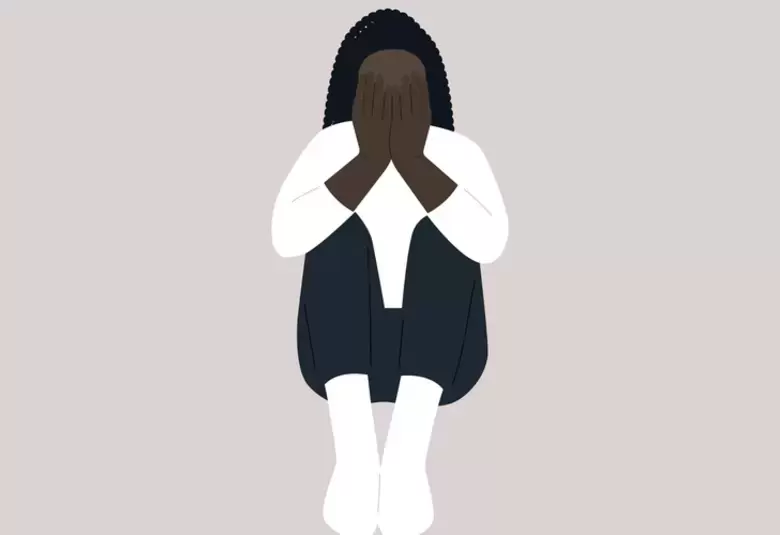
Women’s Mental Health: Time’s up
Professor Jayashri Kulkarni delivered an illuminating presentation at RANZCP congress in Sydney on women’s mental health, covering aspects such as the level of priority that women’s mental health receives, disorders that predominantly affect women, and the importance of research and understanding of gene/environment interactions to improve the treatment of women and their mental health concerns.
Prof. Kulkarni mentioned that despite a significant proportion of women experiencing mental ill health in Australia even prior to COVID, there was hardly any discussion of female mental health issues in the Royal Commission into the Victorian Mental Health System. Prof. Kulkarni suggested that COVID has further intensified mental health issues for women, and one of the solutions posited is access to “dignified inpatient care”. There are many reasons that female “safe wards” are best practice, including that we do not want to traumatise women or retraumatise them. In Victoria, this initiative has started, and Prof. Kulkarni is the current head of Cabrini’s 30-bed Lisa Thurin Women’s Health Centre, which is Australia’s first women’s only private mental health facility. In addition to this, there is the women’s only ward of the Alfred Hospital, based at Albert Road Clinic. Another exciting development in Victoria is the new research collaboration between Monash University, Alfred Health and Cabrini Health; the Health Education Research (HER) centre Australia. This centre will be focused solely on research into women’s mental health.
Prof. Kulkarni explained that every condition is a gene and environment interaction. We all have genes that can control our characteristics, yet the environment can dictate if they wax, wane, or lay dormant, and this is true for mental illnesses.
Whether a characteristic will be expressed is largely dependent on interactions between genes, groupings of genes known as SNPs (single nucleotide polymorphisms), and the environment.
In this way, childhood maltreatment and genetic vulnerability can cause pathophysiological responses, such as personality disorders.
One diagnosis that disproportionately affects women is borderline personality disorder (BPD), yet if we are practising proper trauma-informed care Prof. Kulkarni describes a recommendation growing in popularity that we should be moving to rename this condition “complex post-traumatic stress disorder”. This term is preferred as it reduces stigma and can increase compassion.
...early traumatisation and attachment disturbances are extremely frequent in the history of borderline personality disorder patients, yet many clinicians do not ask enough about trauma...
This disorder is characterised by a core of instability and abandonment fears, which can complicate treatment. Borderline personality disorder remains a damaging term and does not recognise the woman as a survivor of abuse in many cases – we should applaud her not stigmatise her. Prof. Kulkarni believes it is a paternalistic approach to call it a ‘personality disorder’ as though it is her fault; her personality is ‘faulty’.
Prof. Kulkarni then painted a compelling picture to illustrate the woman in her middle age; an important and dignified figure who also has a lot at stake if her health deteriorates. Prof. Kulkarni described this woman as having “a lot that she has to be doing”. This woman is pivotal in her family and is often caring for children and aging parents, she is senior in her career, she contributes to her community, and she wants to enjoy her life. Hence, the importance of recognising and diagnosing the hugely debilitating condition known as perimenopausal depression. Unfortunately, early diagnosis is often not achieved and one of the complications covered by Prof. Kulkarni is that this condition can be hard to recognise and differentiate from other disorders.
Perimenopausal depression can be problematic for women who have a history of depression but also for de novo patients...
Perimenopausal depression can be problematic for women who have a history of depression but also for de novo patients, and for many it is only after many years of failed antidepressant therapies and difficulties in relationships “that we realise it was caused by the onset of menopause” Prof. Kulkarni noted. Prof. Kulkarni advises that Hormone Replacement Therapy (HRT), psychotherapy, sleep regulation, and complementary natural medicines should be considered treatment options.
...to date we have had a “one size fits all” in mental health, and that is not going to fix the current issues faced by women. We need specific mental health approaches and research focused on women to change the “status quo”.
Prof. Kulkarni concluded with the issue that to date we have had a “one size fits all” in mental health, and that is not going to fix the current issues faced by women. We need specific mental health approaches and research focused on women to change the “status quo”. Prof. Kulkarni’s summary of recommendations includes redesigning inpatient psychiatry units, changing diagnostic categories, focusing on women-centred neurobiology such as hormones and mental health, and focusing on women-centred therapies such as feminist empowerment-based therapies.
Our correspondent’s highlights from the RANZCP 2022 symposium are meant as a fair representation of the scientific content presented. The views and opinions expressed on this page do not necessarily reflect those of Lundbeck.
AU-HLU-0048. June 2022




